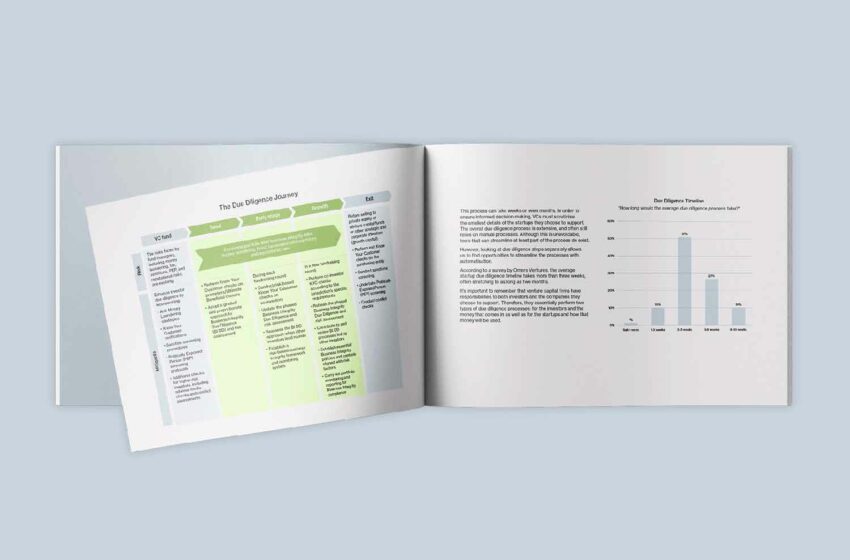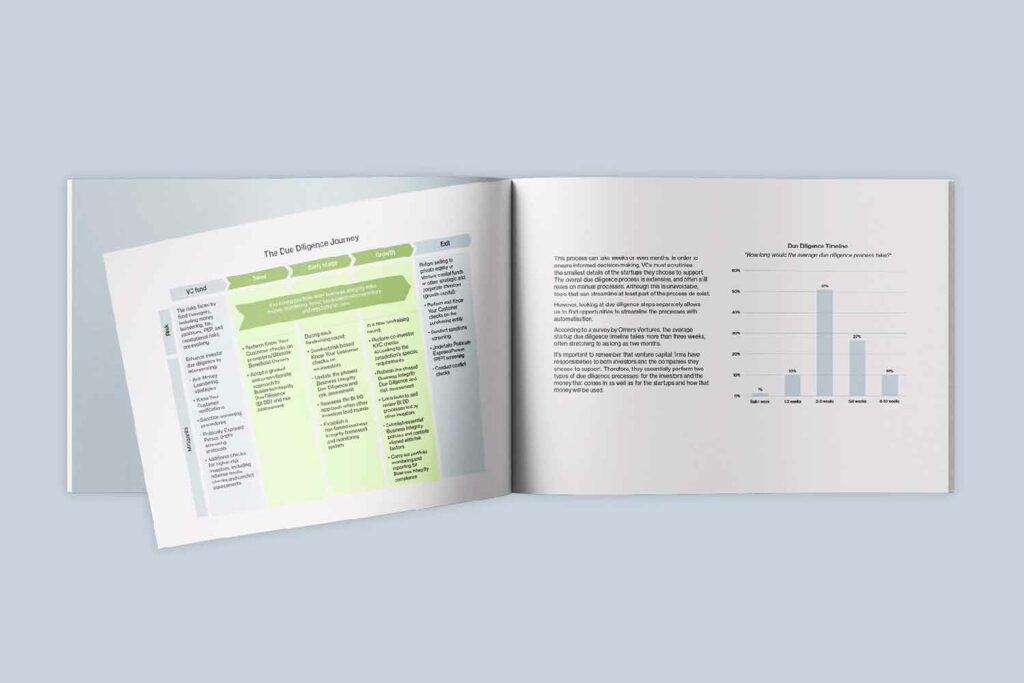Harm reduction, smoking cessation and weight
By Cheryl K. Olson
Before Ozempic and Wegovy, before fen/phen and Xenical, there was nicotine. Cigarettes have long been viewed as appetite suppressants.
In the early 20th century, advertisements manipulatively cautioned women to “Reach for a Lucky instead of a sweet” to “maintain that modern figure of fashion.” Modern-day military personnel, with employment prospects tied to fitness standards, often turn to tobacco for help.
“Across the population, nicotine has undoubtedly been the most effective long-term weight control drug in use over the past century,” a review of research concluded. “Unfortunately, nicotine is delivered to most people via cigarette smoke, which is extraordinarily toxic.”
Nicotine’s slimming effects can make smoking appealing to start and daunting to stop. “Those who are smokers are very afraid of quitting their smoking habit and not being able to control their appetite,” says Diego Verrastro, a physician and tobacco harm reduction advocate based in Argentina.
A few years ago, Verrastro began encouraging his patients who suffer from obesity to switch to vaping. The results? “We have managed to get them to quit smoking and also lose weight,” he says. “And obviously reduce the risk and morbidity of both associated pathologies.”
Noncombustible tobacco products are gaining notice as potentially less risky ways to exploit nicotine’s weight loss properties. Earlier this year, social media posts touted nicotine pouches (aka “O-Zyn-Pic”) as cheap alternatives to costly GLP-1 agonist medications.
What do we know about reduced-risk products (RRPs) and weight? If RRPs can address two problems at once, as Verrastro suggests, why isn’t this getting more attention?
How Nicotine Affects Weight
Nicotine influences eating and weight in multiple ways, from hormones to microbiomes to taste perceptions. The bottom line: Nicotine raises the metabolic rate while also depressing appetite.
One way to separate the effects of nicotine from smoking is to look at very low-nicotine (VLN) cigarettes. A smoking cessation trial using VLN cigarettes found that people randomized to the products (who actually used them) gained 1.2 kg over six weeks. In short, removing the nicotine from cigarettes deletes their weight control effects. Researchers noted that “the health benefits of quitting far outweigh the negative health consequences of post-cessation weight gain.”
Although nicotine is the primary driver in weight reduction, puffing on a cigarette can also be a behavior substitute for eating. (Hence the quit-smoking advice to nibble on carrots or toothpicks.)
Not everyone gains weight when they quit smoking, but most people do. Smoking puts the brakes on ordinary aging-related weight gain; that ends when the smoking stops. On average, successful quitters gain 4 kg or 5 kg within a year. Some gain a lot more. A 1991 U.S. national study found that after a decade, about one in 10 men and one in eight women gained over 13 kg. Being Black or smoking heavily (over 15 cigarettes a day) increased the risk for extra pounds.
For some, that added weight contributes to type 2 diabetes and heart disease. Research shows that the health benefits of smoking cessation far exceed the health harms of weight gain. But many people who smoke aren’t willing to make that trade.
Multiple studies show that fear of weight gain is a primary reason for delaying quit attempts, particularly among women. Also, gaining weight during or after the quitting process is linked to relapse.
What has worked in the past to make stepping onto the scale less scary? Unfortunately, a Cochrane review of interventions for preventing weight gain after cessation found scant reason for optimism. Most studies were small, results varied widely, and the usual options were unhelpful. For example, varenicline does not limit weight gain. In short, there’s a large unmet need for new approaches.
Hints of Benefits
For decades, there have been intermittent hints that noncombustible nicotine could help control weight. Back in 1988, while studying long-term smoking cessation, Peter Hajek and colleagues at the University of London found an interesting result. Among people who remained smoke-free at one year, those who stuck with nicotine gum had gained significantly less weight than their peers. At that point, most gum users were chewing just a few pieces per day. Moreover, the group of persistent gum users had been heavier smokers, who typically gain more weight.
Sixteen years later, Brad Rodu and collaborators published results on a study of tobacco use and weight among men in northern Sweden. They found that quitting tobacco—whether cigarettes or snus—led to weight gain. However, those who quit smoking by switching to snus cut that gain significantly.
Skip ahead 13 years. Vaping is now big news. Marewa Glover in New Zealand and colleagues queried, in the Journal of Nicotine & Tobacco Research, whether e-cigarettes could “be a new weapon in the battle of the bulge.” Along with the effects of nicotine noted above, they wondered if flavor options could positively affect satiety and food cravings. They also acknowledged that any potential for nonsmokers to start vaping for weight control could intensify the alarm of e-cigarette critics.
Evidence continues to trickle in. Cristina Russo, Riccardo Polosa and colleagues at the University of Catania have substantiated that e-cigarettes can mitigate weight issues. At one-year follow-up, former smokers who switched to vaping had gained a mere 1.5 percent of their baseline weight.
“The strategy of recommending a switch to vaping to manage both nicotine dependence and appetite control aligns with our experience with smokers—and their fears of putting on too much weight,” says Polosa. “The potential for the dual benefit for these people cannot be underestimated. Helping them quit smoking, manage their weight and lower their overall risk and morbidity for both obesity and smoking-related conditions can be a significant achievement.”
Polosa’s group has completed a systematic review and meta-analysis of available research on the effects of electronic nicotine-delivery systems on weight for people who have either quit or reduced conventional smoking. Results are currently undergoing peer review.
Might people who smoke be interested in using RRPs for weight management? In 2018, the ongoing Smoking Toolkit Study in England made inquiries. Only 5.7 percent of participants admitted to smoking for weight control reasons. Of respondents who currently smoked, just 8.8 percent had heard that vaping might help keep weight down. But one in eight said this feature would make them more likely to try e-cigarettes. Of people who already vaped, one in 22 said they did so to control weight.
“If evidence that vaping could help users to control their weight during a quit attempt could be identified and communicated to smokers, they may be more inclined both to try e-cigarettes and to quit smoking,” study authors said.
Why the Neglect?
Why don’t we know more about the exciting potential for this dual benefit from novel nicotine products? Despite the documented need for better options, this issue hasn’t been a research priority. Most published studies that look at the health effects of reduced-risk products do not mention appetite or weight. The history of questionable cigarette marketing claims, and concerns about enticing tobacco nonusers, may play a role here.
This low priority makes it difficult to fund new studies. About six years ago, researcher Erika Litvin Bloom of Brown University became interested in the effects of e-cigarettes on eating behavior. For example, she uncovered intriguing findings in survey data that people who smoked daily to prevent overeating were more likely to report some use of e-cigarettes.
“In particular, I was interested in whether sweet flavors like vanilla and cherry would have different effects than traditional tobacco and menthol flavors,” she says. Her grant applications to the National Institutes of Health to study these effects “got pretty good but not quite fundable scores” from the reviewers. After multiple tries, she gave up.





















